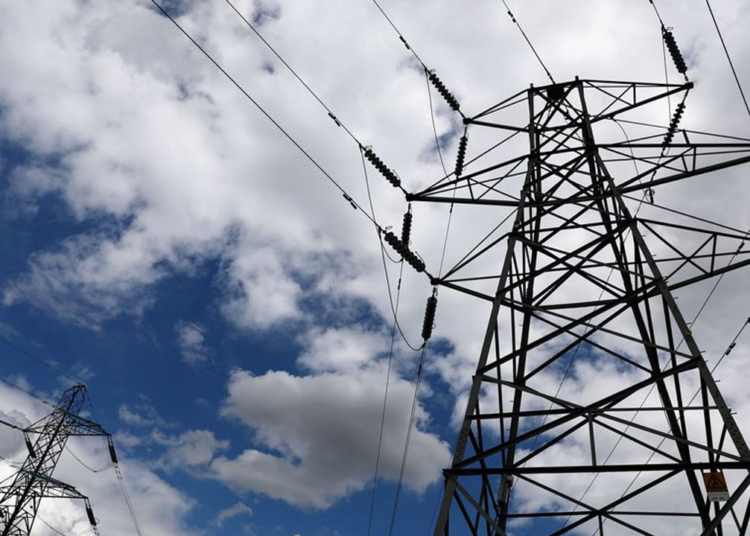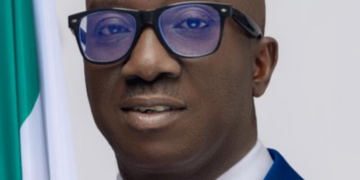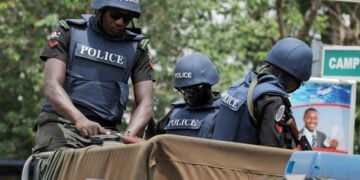A year after the Nigerian Electricity Regulatory Commission (NERC) imposed higher tariffs on all bands of electricity supply, there has not been a commensurate enhancement of services provided. What is noticeable is a decline that points to policy failure.
That decision to punish consumers instead of admitting their incompetence deservedly attracted criticism from various quarters. Still, the authorities ignored all of it and enforced the outrageous tariffs.
The side effects of categorising consumers into different bands are manifest: huge bills without services to justify them, exclusion of most Nigerians, especially the poor, from electricity supply, factory closure due to high operating costs, and loss of jobs. Even those on the premium Band A can hardly pay the new tariffs.
The NERC clause that persons, businesses/corporate bodies, and public institutions must be provided electricity for 20 hours a day to justify the hike that came into effect on April 18, 2024, has not been met. The worst victims are schools and hospitals, whose hitherto annual electricity bills suddenly became their monthly charges.
As the trend persists, those on other Bands of B, C and D were not spared from the unjustified and unfair billing system. Most of them, on estimated billing arrangements, were made to cough out huge funds for electricity they did not consume. Those who could not pay were disconnected by the distribution companies (DisCos), who carted away their cables.
The commission’s imposition of sanctions on DisCos for not meeting the 20-hour supply for Band A consumers has forced the distribution companies to redirect their supplies to the elite consumers. Today, there is no more electricity for those in other categories considered poor.
Consequently, households, businesses, and other institutions in the lower categories remain without access to power for days, weeks, and, in some cases, months. Already, some businesses have closed shops, others have scaled down operations, and those still in existence do so at a higher cost that they cannot pass on to the consumers because of their low purchasing power.
The widespread poverty is gradually taking another dimension, especially among Nigerians in semi-urban and rural areas. This has led to a surge in crime rate and social vices.
As a newspaper, we consider electricity too fundamental to individual and national development to be solely determined by the so-called market forces, which in this case do not operate. Electricity is a public necessity and should remain so. Electricity makes life bearable by powering homes, small businesses, and industries.
Sadly, access to a stable power supply in Nigeria has remained a serious challenge over the years, negatively impacting economic growth, healthcare, education, and overall quality of life.
Despite this, most administrations make a feeble effort to fix the sector, even with the huge allocations of public funds. The unbundling and privatisation of the power sector from generation, distribution, and transmission have not changed the situation much. The services have remained erratic, poor, and mostly unavailable.
Yet, the government pays huge subsidies on behalf of the people. Ultimately, the ruse is bound to be exposed. Sadly, even with the near absence of electricity supply to ordinary Nigerians and the exit of businesses from the country, the government seems unconcerned.
At present, the generating companies (GenCos) are demanding the payment of N41 trillion, claiming it is a debt owed to them by the government. The government has hinted at a new tariff regime that will be cost-reflective for all categories of electricity consumers.
As this sordid situation continues, World Bank statistics show that more than 85 million Nigerians lack access to electricity. This implies that four out of every 10 Nigerians lack access to electricity. Another report indicates that over 100 million Nigerians lack access to reliable electricity.
Based on 2023 data, about 61.2 per cent of Nigeria’s population has access to electricity, meaning that “38.8 per cent of the population, or around 86 million people, live without electricity.”
Indeed, the figure is higher now as the focus has shifted to supplying power to Nigerians in the premium Band A while neglecting the majority.
We are worried that the new arrangement has escalated poverty among Nigerians as artisans, traders and other petty business operators are adversely affected by the unavailability of electricity. Already, Nigeria’s poverty rate is depressing, and this lopsided and discriminatory supply of electricity will compound the situation.
Data show that “63% of Nigerians, approximately 133 million people, are multidimensionally poor, experiencing over a quarter of all possible deprivations.”
Against this backdrop, we appeal to the federal government to review its current policy of serving a minute segment of the Nigerian electricity population at the expense of the majority.
The government should also review the current operations and continued existence of the power firms because it is certain they cannot meet the country’s electricity demand.
We further call for the entry of more players into the industry to enhance competition and better service delivery. In our opinion, there should be diversification into other energy sources such as solar, wind among others.
In the meantime, the government must ensure that the electricity supply is equitable, reliable, and affordable for all citizens. Anything short of this is a disservice to the people and a betrayal of public trust.





